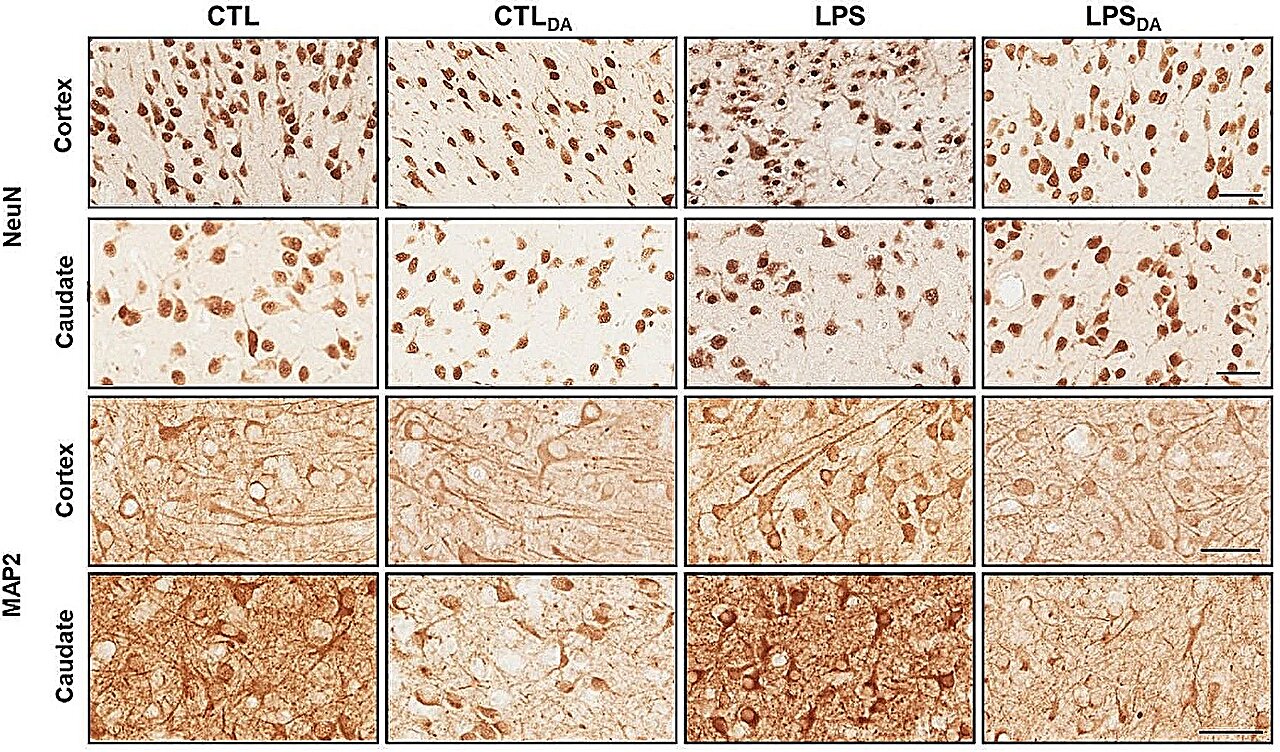
Systemic racism remains a significant challenge in efforts to address health disparities in childhood asthma. A new American Thoracic Society report provides practical frameworks to begin the research necessary to make real progress in treating asthma in Black and Latino children, who are more likely than their white counterparts to report to emergency rooms in the U.S.
Stephanie Lovinsky-Desir, MD, and a diverse group of researchers, clinicians, social scientists and community health workers shared their findings in the report published online this week in the Annals of the American Thoracic Society.
“Although many studies show that exposure to determinants of health such as housing, neighborhood violence, limited access to care and poor air quality largely explain these disparities, few studies have evaluated the impact of racism and the resulting creation of racialized structures and systems as the root cause of the different level of exposure to these factors,” said Monica Federico, MD, a co-chair of the committee that authored the report.
“We wanted to support this work with guidelines for that research from national and international experts in research and in addressing racism in health.”
The ATS remains committed to health equity and sharing key learnings that will move the field forward to its goal of advancing equity in global respiratory health.
“This current report supports that goal by highlighting research priority areas for addressing health equity in childhood asthma,” said Dr. Lovinsky-Desir. “The report also provides several practical and useful frameworks that our ATS members can apply to research in this field.”
Two of the main takeaways from the working group’s findings were the need to “engage the communities affected by systemic racism in identifying solutions” as well as lending a critical eye to “funding mechanisms and institutional research practices to promote antiracism practices in research and its dissemination.”
More information:
Lovinsky-Desir, S. et al. Research Priorities in Pediatric Asthma Morbidity: Addressing the Impacts of Systemic Racism on Children with Asthma in the United States an Official American Thoracic Society Workshop Report., Annals of the American Thoracic Society (2024). www.atsjournals.org/doi/full/1 … nalsATS.202407-767ST
Citation:
Addressing health equity in childhood asthma requires engaging affected communities (2024, October 1)
retrieved 7 October 2024
from https://medicalxpress.com/news/2024-10-health-equity-childhood-asthma-requires.html
This document is subject to copyright. Apart from any fair dealing for the purpose of private study or research, no
part may be reproduced without the written permission. The content is provided for information purposes only.


